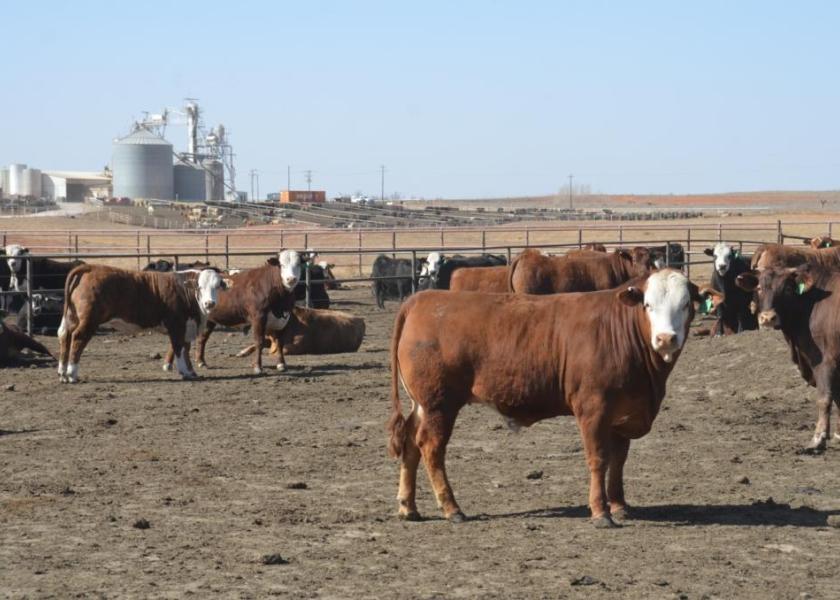Real MEAT Act 2019 Introduced

Introduction of a federal bill to require plant-based and cell-cultured protein products to be labeled as “imitation” meat was welcomed by beef producer groups.
Introduced by Congressmen Anthony Brindisi (D-NY) and Roger Marshall (R-KS), the bill states that “any imitation meat food product, beef, or beef products shall be deemed to be misbranded unless its label bears… the word ‘imitation’ immediately before or after the name of the food and a statement that clearly indicates the product is not derived from or does not contain meat.’”
Both the National Cattlemen’s Beef Association and the U.S. Cattlemen’s Association support the proposed legislation.
“A growing number of fake meat products are clearly trying to mislead consumers about what they’re trying to get them to buy,” said NCBA President and Tennessee cattlewoman Jennifer Houston in a statement. “Consumers need to be protected from deceptive marketing practices, and cattle producers need to be able to compete on a fair, level playing field.”
Lia Biondo, Director of Policy and Outreach for the U.S. Cattlemen’s Association, said in a statement, “USCA members have played a critical role in the effort to ensure Truth in Labeling, not only on beef products Born, Raised and Harvested in the U.S.A., but also on alternative protein products. The Real MEAT Act satisfies part of USCA’s ask to USDA FSIS in its 2018 petition for rulemaking by defining ‘beef’ as a product that is derived exclusively from the flesh of a bovine animal.”
Specifically, The Real Meat Act will:
1. Codify the Definition of Beef for Labeling Purposes
• Establish a federal definition of beef that applies to food labels;
• Preserve the Congressional Intent of the Beef Promotion and Research Act;
2. Reinforce Existing Misbranding Provisions to Eliminate Consumer Confusion
• FDA has misbranding provisions for false or misleading labels;
• Prevent further consumer confusion with alternative protein products;
• Clarify the imitation nature of these alternative protein products;
3. Enhance the Federal Government’s Ability to Enforce the Law
• FDA will have to notify USDA if an imitation meat product is determined to be misbranded;
• If FDA fails to undertake enforcement within 30 days of notifying USDA, the Secretary of Agriculture is granted authority to seek enforcement action.
“Consumers should be able to rely on the information on food labels they see on the shelves to be truthful and not deceptive,” Rep. Marshall said. “For years now, alternative protein products have confused many consumers with misleading packaging and creative names for products. With this bill, consumers can be sure that the meat products they are buying are indeed real meat.”
“American families have a right to know what’s in their food,” Rep. Brindisi said. “Accurate labeling helps consumers make informed decisions and helps ensure families have access to a safe, abundant, affordable food supply. This bill is about safety and transparency, and will make sure that meat-lovers and vegans alike have the transparency and honest labels that can allow customers to make their own decisions.”







